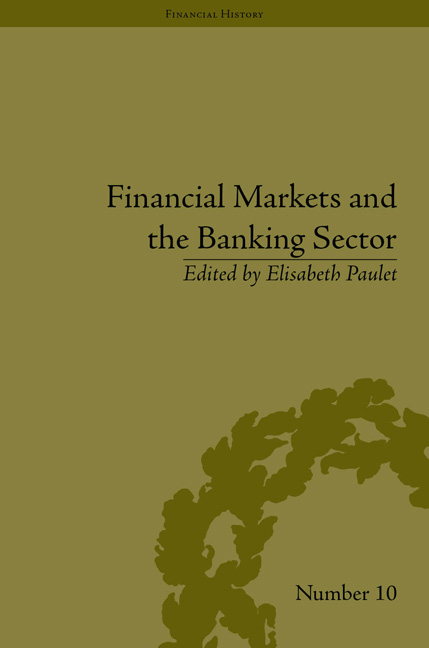Conclusion
Summary
The different arguments presented in the book cannot be disconnected from the context of global crisis. In the United States, the last decade was characterized by a combination of low interest rates and large inflows of foreign funds which helped to create easy credit conditions leading up to the actual situation. Speculation in real estate and financial innovations, which enable the banks to sell rights to the mortgage payments and related credit risk to investors, through a process called securization, have led to a considerable increase of systemic risk. As a consequence, the crisis caused panic in financial markets and encouraged investors to take their money out of risky mortgage bonds and put them into commodities. This trend contributes to the food price crisis causing problems in countries which rarely faced such difficulties, such as Egypt. This was not without influence on oil prices: financial speculators seeking returns removed their money from equities and mortgage bonds and reinvested their liquidity into raw materials. Europe was also touched by the financial crisis and price increase of food and raw materials. Europe's stock exchange places suffered declines in share prices for European corporations, and its banking system was affected by securitization process. However, the banking model privileged in our European countries seems to be more accurate to resist the actual turbulences. As a whole, the last decade has created the optimal conditions:
• first, to a general increasing level of risk both for financial markets and banking institutions at over the world
• second, for a transfer of financial problems to the real sphere at the origin of the actual recession
• third, for a complete re-consideration of our capitalism model: strong pressures are put on governments and regulators to give more importance to transparency and ethics in the business world.
What are the lessons of the last events? Despite the warnings of economists and central bankers about the dangers of our global finance over the last few years, investors and markets have benefited from the real estate bubble until the downturn point.
- Type
- Chapter
- Information
- Financial Markets and the Banking SectorRoles and Responsibilities in a Global World, pp. 197 - 200Publisher: Pickering & ChattoFirst published in: 2014



